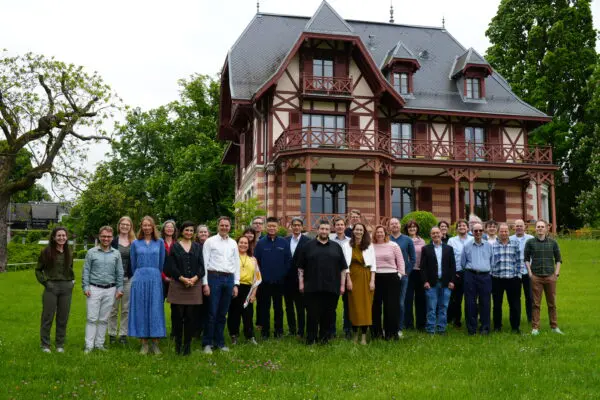SCBEMs hold great promise for advancing fundamental biological knowledge and improving our understanding of fertility, developmental disorders, and early pregnancy loss. By providing alternatives to the use of embryos from fertilization, they may also reduce reliance on ethically and practically limited materials.
At the same time, these new models raise important scientific, ethical, and societal questions. Where should the boundaries lie between models and embryos? How should they be governed and regulated? And how can researchers, policymakers, and the public engage in meaningful dialogue about the implications of this emerging field?
This website is devoted to initiatives that are actively exploring these questions and shaping the responsible development of SCBEM research. It connects the Dutch PSIDER research program—and, specifically, the HipGametes, Beyond the Blastocyst, and GREAT consortia—with the international EMERGE network. Each of these groups foster interdisciplinary collaboration, ethical reflection, and public engagement around SCBEMs, ensuring that scientific innovation is accompanied by openness, responsibility, and societal awareness.

